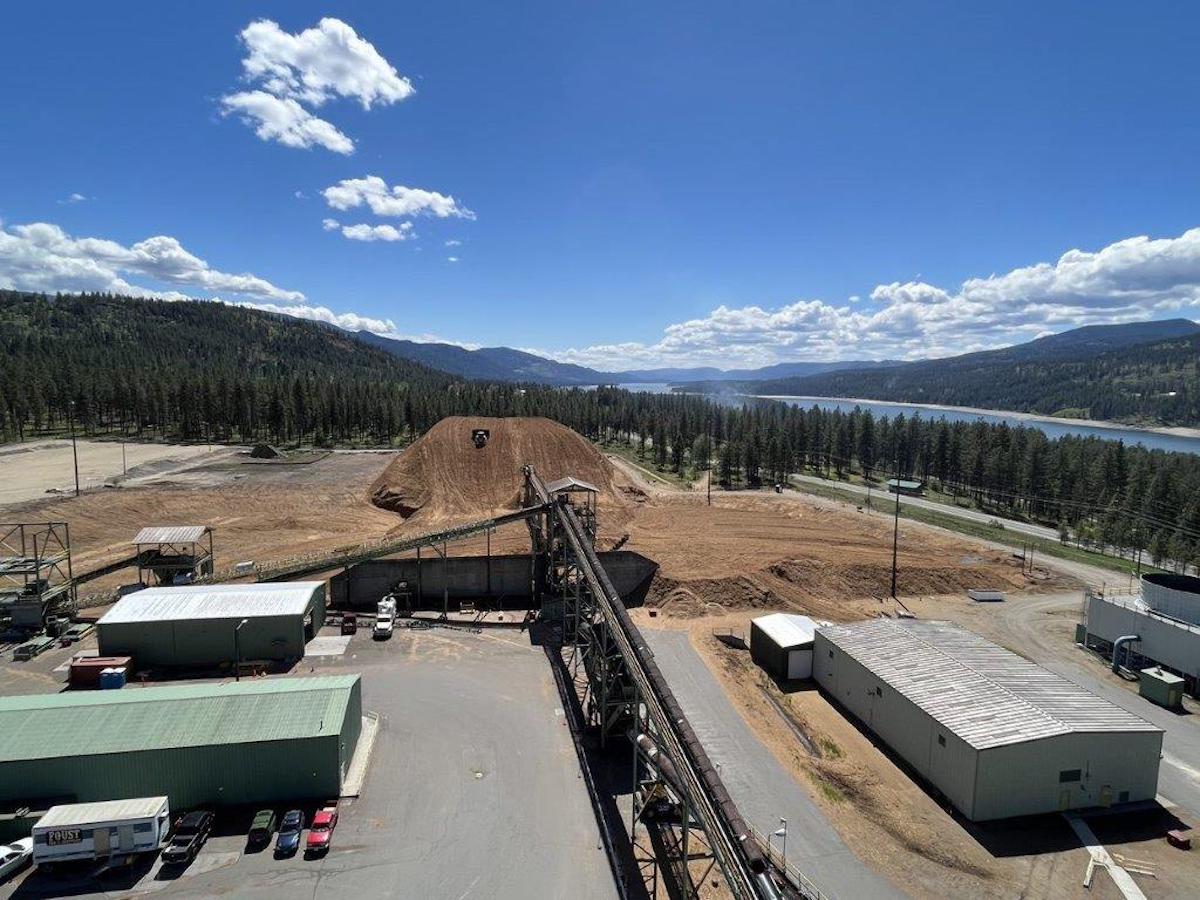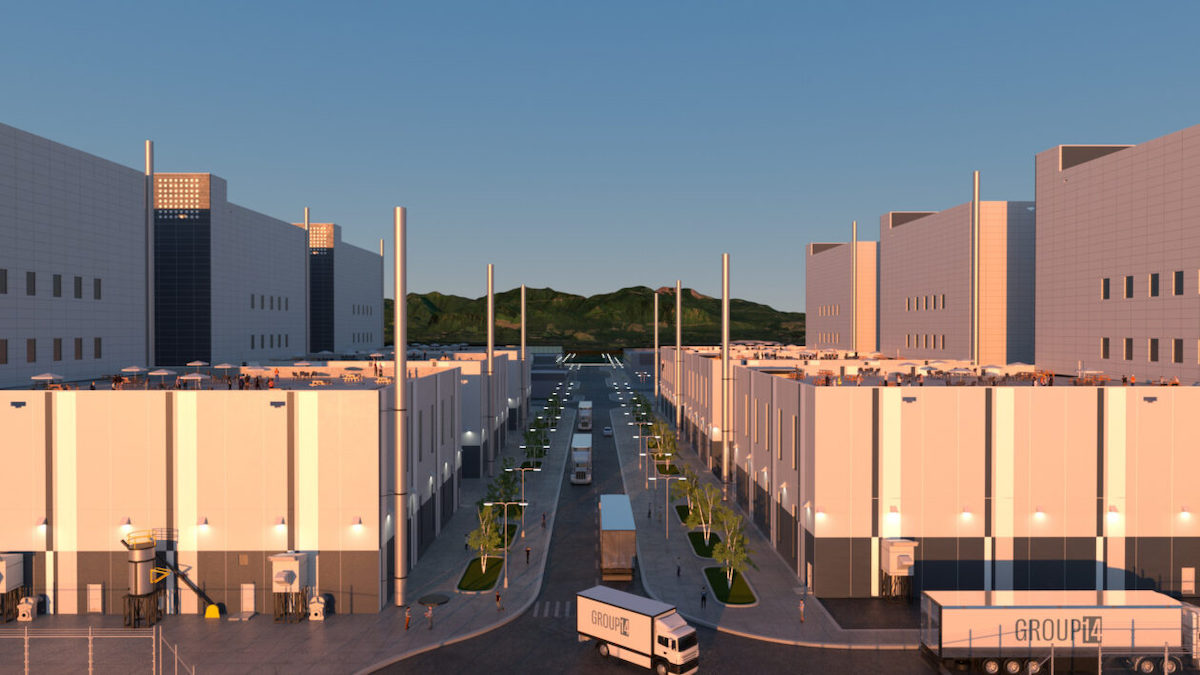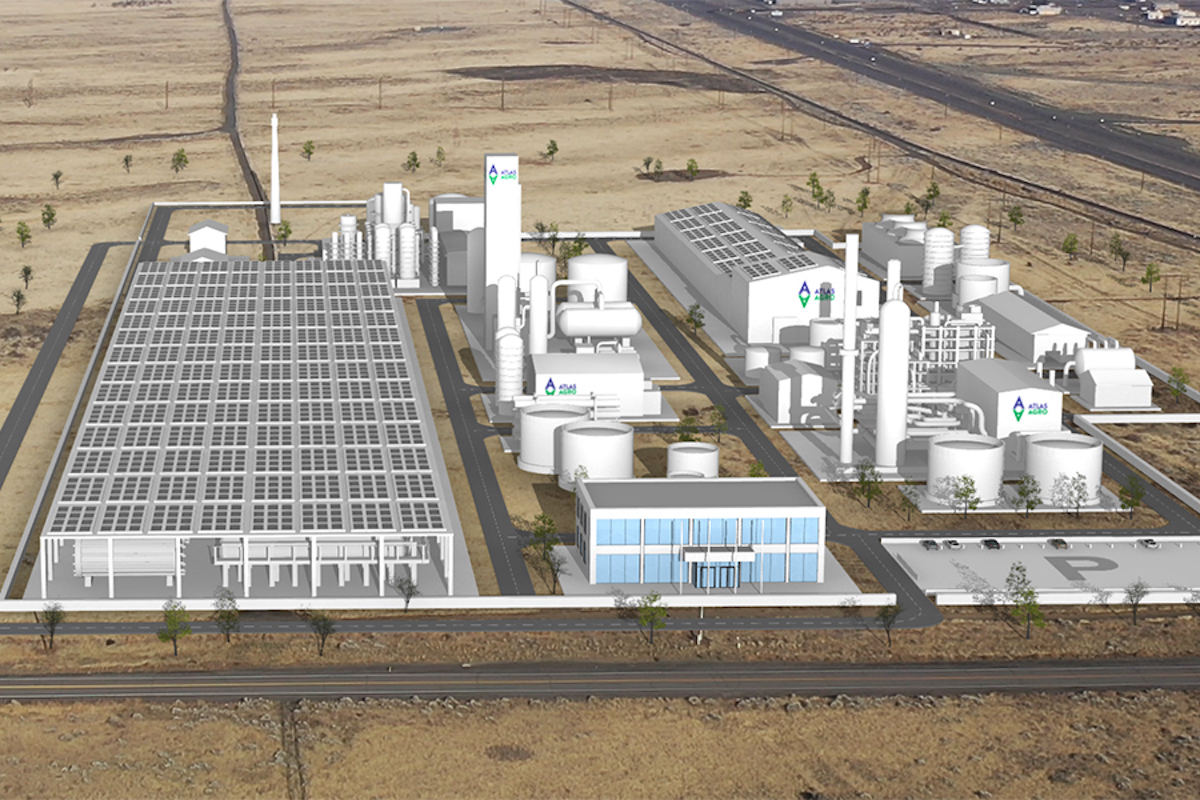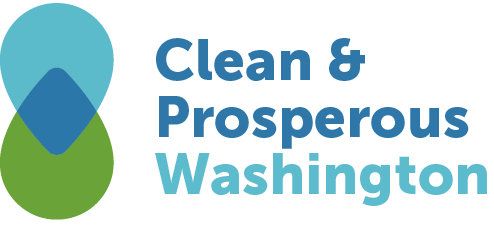Growing jobs in rural Washington
Why is so much climate tech taking root in small towns and rural counties?
This excellent piece in GeekWire notes there are
“many burgeoning climate and clean tech companies landing in Washington’s rural towns and smaller cities, energizing their economies and providing good paying jobs. That includes companies building batteries, developing clean aviation, capturing carbon, producing hydrogen fuel, and greening the food system.
Much of the sector’s growth is traceable to state and national climate policies, including the Biden administration’s Inflation Reduction Act, that restrict carbon emissions and fund climate solutions.”
We’d add that our state’s Climate Commitment Act further funds investments in job-creating climate solutions that help to catalyze private innovation. And we’re especially pleased to see that the GeekWire article highlights this year’s winner of Clean & Prosperous Washington’s David & Patricia Giuliani Clean Energy Entrepreneur Award, Myno Carbon:
Kettle Falls, a town of less than 2,000 in northeastern Washington, offered multiple resources for biochar startup Myno Carbon when it was looking for a place to build its first facility.
“It’s been great,” said Thor Kallestad, Myno’s CEO and co-founder. “We’ve been really well received there.”

Myno Carbon is building a facility for biochar production at the Avista Utilities’ Kettle Falls Generating Station near the Columbia River in Washington state. (Myno Photo)
Biochar is made by turning organic material into a carbon-trapping, charcoal-like substance. Kettle Falls provides Myno with access to local timber waste and a power plant operated by Avista Utilities. In addition to producing biochar, Myno’s operations will generate steam power at Avista’s plant. The biochar could be sold to farmers or dairies for agricultural uses.
“The closer and the tighter we can stay to the source of the carbon upstream and downstream, the better the margins,” Kallestad said.
Also featured is Giuliani Award finalist Group14:
Group14 Technologies, a next-generation battery materials manufacturer, has accumulated more than $748 million from investors and federal funding and landed Porsche as a customer.
It’s ready to scale — and rural Washington is playing a key role.
The company recently broke ground on a factory in Moses Lake, a town of 26,000 people in Eastern Washington. The company expects the facility to be the world’s largest producer of advanced silicon battery material.

A rendering of the Group14 factory being built in Moses Lake, Wash. When completed, it will be the world’s largest producer of advanced silicon materials for batteries. (Group14 Image)
Historically, the economy of Moses Lake and surrounding Grant County was driven by agriculture. The area still grows roughly 100 different crops. But in recent years, the semi-arid region has become a hotspot for climate tech operations — with a focus on the jobs they provide rather than debates over climate policy.
The world’s first commercial E-jet plant will be built in Moses Lake, per The Seattle Times:

(Twelve Photo)
On the opening day of the Paris Air Show at Le Bourget, Washington state Gov. Jay Inslee announced that California-based clean energy startup Twelve plans to set up an industrial facility in Moses Lake to make jet fuel from electricity, water and air.
Because it’s made with electricity, Twelve’s synthetic version of sustainable aviation fuel is often called e-fuel. It has branded its product E-Jet.
CEO Nicholas Flanders said Twelve chose Moses Lake “because of the availability of green power, through hydropower, and sources of biogenic CO2, which is the carbon feedstock for our fuel, and the great policies of Washington state that are accelerating the development and deployment of sustainable aviation fuel, green hydrogen and green power.”
One of the largest investments in rural Washington is planned by Atlas Agro: a $1 billion zero-carbon fertilizer plant in Richland.

A preliminary rendering of Atlas Agro’s design concept for a $1 billion zero-carbon fertilizer plant in Richland. The final design may change as the project is refined and finalized, the company said. (Courtesy Atlas Agro)
Senator Patty Murray described the plant as a game changer for farmers in the state:
“Not only will this plant provide much-needed access to sustainable fertilizer and help drive down input costs, it will help lower emissions and create hundreds of good-paying jobs in the Tri-Cities area. Washington state has been a leader in sustainable agriculture, and as Senate Appropriations Chair, I’m going to keep working to build on this kind of progress by expanding our investments in climate action and support for our farmers,” she said in a statement.
The Tri-Cities Journal of Business observed,
Farmers would benefit by being able to use the more environmentally-friendly, cost-competitive fertilizers, and Atlas Agro also is exploring using hydrogen-fueled trucks for delivery and the plant could “eventually provide a green hydrogen fueling source as fleets transition to zero-emission vehicles,” the company said.
Change can be challenging, and Washington’s transformation to a clean economy will disrupt the status quo. But among the many benefits of our state’s climate commitment are the jobs and economic vitality that will grow in rural communities.
Population Research and Policy Review notes that:
“…although the popular discourse often casts big cities and small towns as divided, and researchers frequently structure their analyses to treat urban and rural as separate comparative categories, the rural–urban continuum today is actually more integrated and interdependent socially and economically than ever before (Bailey et al. 2014; Lichter and Brown 2011; Lichter and Ziliak 2017).”
So healthy communities and vibrant economies in every corner of the state are good for all of us, from Port Angeles to the Palouse.

